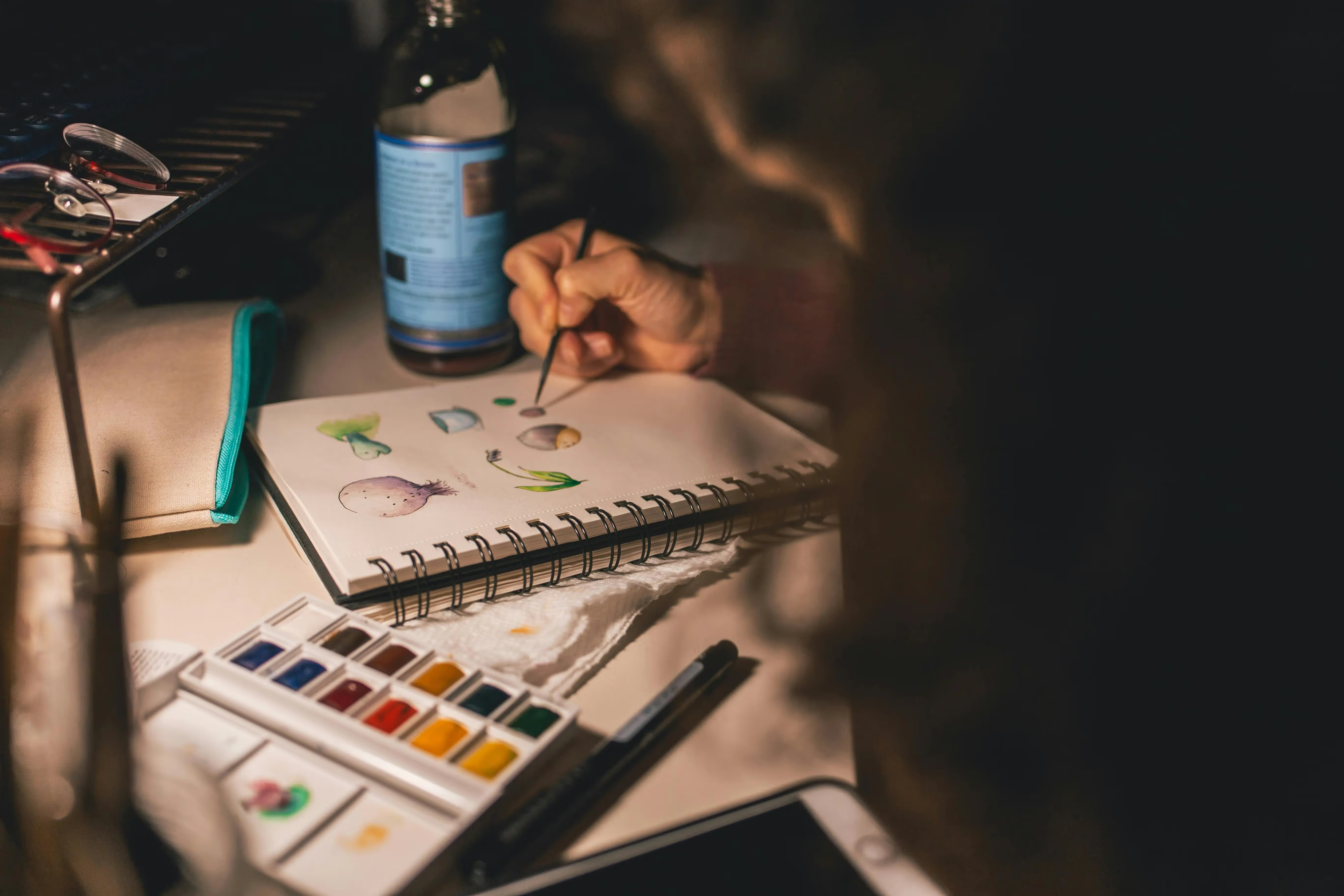In a previous blog post, we talked about the Gottman Method’s Sound Relationship House Theory, a framework for building and maintaining healthy relationships. The very foundation of the house, the first level, is building love maps, which we will go into more depth in this post. The Gottmans found that the key to sustaining a happy relationship is having a strong friendship, and the first step in strengthening friendship is getting to know each other, deeply and intimately[1].

Understanding Love Maps
It might be easy to think if a couple has been together for 5, 10, or even 30 years together, they would know everything about each other. But often, this is not the case. You might know your partner is having a hard time at work, but who are the coworkers involved that’s making it more difficult? Or, you might remember who your partner’s favorite artist was when you first started dating, but has it changed since then? Do you know your partner’s fondest childhood memories? Or how they’ve been feeling about the new schedule change at work? Quite often we settle into a familiar space of thinking we know our partners, seeing and interacting with them everyday, but we are actually slowly falling into a habit of inattention and disregard.
A love map is not anything physical. Rather, it refers to the cognitive space in your brain that holds all the relevant information about your partner and their life[2]. It is an orientation to your partner’s inner world— their past histories, present details, and future hopes and worries. It includes a knowing of their longings, fears, and dreams, as well as their likes and dislikes— favorite hobbies, music preferences, food cravings, amongst others.
Why do Love Maps matter?
Love maps create emotional intimacy, and intimately knowing someone can lead to intimately loving them. They allow you to be seen and understood, and can create more depth and meaning within a relationship. In fact, Gottman found that emotionally intelligent couples have more detailed love maps, and they are constantly updating them as their partner’s worlds, feelings, and thoughts change[2]. Even more, these couples are also more prepared to deal with stress or conflict when they arise[2]. A newlywed study conducted by Gottman found that 67% of couples went through a sharp drop in relationship satisfaction after the birth of their first child, whereas 33% either did not experience this drop or saw their relationship improve; the difference was that the latter group started with detailed love maps before the birth of the child[2]. The couples who already knew each other well and constantly checked-in on what each other were thinking and feeling were better able to adapt to a stressful event. When updating love maps becomes a habit, the introduction of a stressor or conflict is less likely to derail the entire relationship.
Exercises and Activities
So, how can you start with building a love map? The following are a few ideas that could help you get started.
Love Map Question Game [questions taken from Gottman’s card deck]: Try to answer the following questions about your partner, then switch roles. Don’t worry about keeping score. It’s more important to have a meaningful conversation!
- What is your partner’s favorite and least favorite food?
- What kinds of books does your partner like to read?
- What was your partner wearing when you first met?
- Who are your partner’s two closest friends?
- What makes your partner feel most competent?
- What is your partner currently most sad about?
- What was your partner’s favorite vacation?
- What does your partner like to do with time off?
- What are some of your partner’s favorite ways to exercise?
- What would be an ideal job for your partner?
- Who was your partner’s best childhood friend?
If you’re looking for more similar questions, you can download the “Gottman Card Deck” app, or purchase a physical card deck from the Gottman Institute.
Open-ended questions interview: Create your own questions and “interview” your partner. You can write down their answers. Here are some examples of questions to ask:
- Who have been the most influential figures in your life? What roles did they play?
- Can you make a list of past friends, current friends, potential friends, and rivals/”enemies”?
- What are some current or upcoming important events that are happening? What are you looking forward to and what are you dreading?
- How was affection shown in your family growing up? How do you enjoy giving and receiving affection?
- What has happened in your life that you are proud of? How have these moments or successes shaped who you are today?
- When was a time you felt really sad or disappointed? How did you cope with that situation?
- How do you feel about expressing emotions? Are there particular feelings that are harder to express?
- What are some dreams that you have for yourself, whether they are realistic or not? What are the things you want to do or experience before you die?
Conclusion
Love maps never stop growing. You can always learn more about your partner, and thus it’s important to prioritize getting to know each other better through every step of the relationship. Rather than having the habit of assuming what your partner is thinking or feeling, try to make question-asking a habit instead. Sometimes this involves intentionally carving out time in your day or week to ask questions, catch up on each other’s days, and explore one another’s thoughts and feelings about anything and everything— what color to paint the kitchen walls, concerns about visiting in-laws over the weekend, or how the relationship is going. If you ask the right questions, you will probably find out a lot more about your partner than you thought you knew.
Common Questions About Love Maps
What exactly is a "love map"?
A love map is the mental repository of information you have about your partner. It encompasses their likes, dislikes, passions, fears, important memories, hopes for the future, and all the little details that make them who they are. Your love map allows you to deeply know and understand your partner.
Why are love maps important for relationships?
Love maps form the foundation of emotional intimacy in a relationship. When you make an effort to really know your partner inside and out, it leads to feeling seen, appreciated and loved. Couples with detailed love maps tend to have stronger, more resilient relationships.
How can I start building a love map with my partner?
Building love maps is an ongoing process, but you can start by being curious and asking questions. Set aside dedicated time to interview each other about your pasts, presents and futures. Play "love map games" by quizzing each other on your partner's preferences and experiences. Aim to learn something new every day.
What kind of questions should I ask my partner to build our love maps?
The questions can range from lighthearted queries about favorite foods and hobbies to deeper discussions about influential people and events from your pasts. Ask about proudest moments, biggest challenges overcome, unrealized dreams, and visions for the future. Explore topics like how affection was shown in their family growing up.
Is building love maps only important at the beginning of a relationship?
No, continuously updating your love maps is crucial for the duration of the relationship. People grow and change over time, and it's important to stay attuned to your partner's inner world as it evolves. Couples who make a habit of checking in on each other's thoughts and feelings navigate conflicts and stressors better.
How often should my partner and I work on our love maps?
Ideally, updating love maps will become a natural part of your interactions, through attentive listening and curious question-asking. However, it's also beneficial to intentionally carve out time on a daily or weekly basis to really focus on catching up and going deeper. Consistency is key for keeping your love maps current.
Sources
- https://www.gottman.com/blog/build-love-maps/
- Gottman, J. M., & Silver, N. (1999). The Seven Principles for Making Marriage Work.





